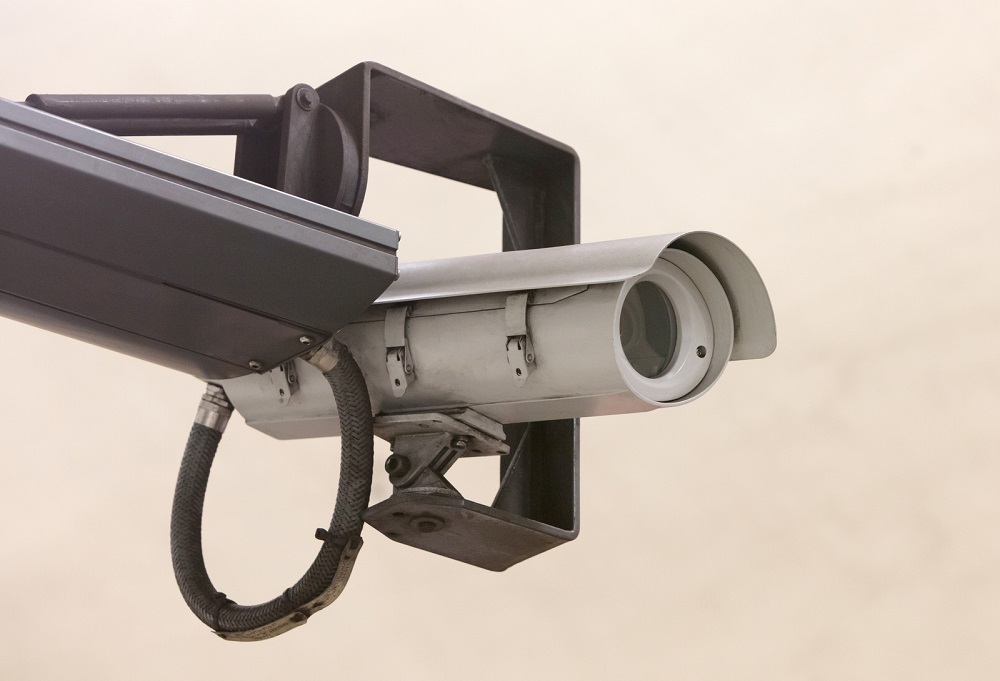In today’s world, security companies are becoming increasingly important in Australia. With the country facing many potential threats both online and offline, it is essential to have a reliable agency that can provide protection for businesses and individuals alike. This article will explore what role security companies play in Australia, outlining the responsibilities and services they offer to the public.
Security companies provide an invaluable service by offering protection against multiple forms of malicious activity. From physical theft to cybercrime, these agencies work hard to deter criminals from committing unlawful acts while responding promptly when incidents occur. Furthermore, they assist organizations with risk analysis and compliance evaluations so as to ensure proper safety standards are met at all times. In addition, security companies often serve as consultants or advisors on matters relating to personal data privacy and other confidential information.
Through their professional services, security companies help maintain order within Australian society by safeguarding people’s rights and property from harm. As such, understanding how these organizations operate is essential for anyone seeking protection or peace of mind today. The following sections will further elucidate this point by discussing the benefits of using a reputable commercial security company in greater detail.
Definition Of A Security Company
A security company is an organization that provides a variety of services to its clients. Security companies are responsible for providing professional, personalized security solutions based on the client’s specific needs and requirements. This includes identifying potential risks, responding to imminent threats, safeguarding property and people, and implementing effective strategies to reduce liability or risk exposure. In Australia, these companies provide the same types of services as in other countries around the world.
Security companies in Australia must adhere to strict regulations and industry best practices when conducting their operations. They also employ experienced professionals who understand the legal implications of providing security services in various settings such as commercial buildings, residential complexes, educational institutions, public spaces, etc. Security personnel must comply with all applicable laws while carrying out their duties, including patrolling areas within premises; monitoring activities using surveillance equipment; enforcing access control measures; reporting suspicious activity; intervening during emergencies; responding to alarms; providing first aid if necessary; and much more.
Types Of Security Services Offered
Security companies in Australia offer a broad range of services to their clients. These include
- Commercial security – protecting businesses and commercial properties through various security products such as alarms, CCTV systems, access control systems, locksmiths and more;
- Residential security – safeguarding residential areas with patrols and other security solutions;
- Event security – providing crowd control measures during events or concerts;
- Bodyguard services – offering personal protection for high-profile individuals; and
- Surveillance services – monitoring activity within designated areas.
The experienced professionals employed by these companies are knowledgeable about the laws governing private security operations in Australia, ensuring that all activities adhere to legal standards. Furthermore, they understand how to handle specific situations and respond accordingly when necessary. All personnel must be certified before being allowed to provide any service on behalf of the company. Companies use rigorous screening processes to ensure that only qualified professionals are recruited for the job.
Regulatory Requirements For Companies In Australia
In Australia, a company providing security services must meet certain regulatory requirements in order to operate legally. These regulations are designed to ensure the safety of both companies and their customers and protect any private property or information associated with these activities. The following list outlines some of the most important regulations that security companies must adhere to:
- Security personnel must be licensed under the relevant state or territory legislation;
- All equipment used for security purposes must comply with Australian standards;
- Companies must comply with government regulations such as privacy laws; and
- Employees must undergo regular training courses approved by industry bodies.
Adhering to these stringent rules helps maintain high professional standards within the industry and ensures customer satisfaction. All security companies must abide by the applicable laws and regulations in order to provide quality services to their clients. Furthermore, it is essential for businesses operating in this sector to keep up-to-date with any changes or amendments made to existing legislation so they can remain compliant at all times.
Training And Qualifications For Security Professionals In Australia
In order to offer quality security services in Australia, it is essential for professionals working in the industry to undergo appropriate training and qualifications. Professional security companies must ensure that their employees have completed relevant courses and obtained the necessary certifications before they can be hired. Some of the most common types of qualifications and certifications required include:
- Security Operations Certificates;
- Senior First Aid Certificate;
- Firearms Licenses (for certain roles);
- Crowd Control Licenses; and
- Police Checks.
These courses provide individuals with a thorough understanding of various aspects related to the field, such as customer service, conflict resolution strategies, legal requirements, health & safety protocols etc., enabling them to perform their duties in an efficient manner. Furthermore, this training also helps equip personnel with skills needed for specific roles within the company – like patrol officers or alarm response operators. Additionally, engaging in regular refresher courses helps keep security professionals up-to-date with best practices and any changes made to existing laws which are important factors when providing high-quality services.
Benefits Of Hiring A Professional Security Company
Hiring a professional security company in Australia can provide numerous benefits. These companies are responsible for providing their clients reliable, efficient and quality services. Depending on the scope of service required, they may be involved in physical security operations such as patrolling premises or monitoring alarm systems, crowd control activities, investigations or other specialised tasks like risk assessment and management planning.
Security companies also carry out rigorous background checks when recruiting personnel to ensure that only highly qualified individuals join their ranks. This ensures that employees understand industry regulations and practices so they can perform their duties precisely. Furthermore, these companies often employ state-of-the-art technology in order to deliver comprehensive solutions which improve the overall safety of customers’ assets and people at large.
TIP: Professional security companies offer tailored services designed to meet specific needs while ensuring compliance with relevant laws and regulations – making them essential partners in maintaining secure environments within businesses, residential areas and public spaces.
Responsibilities Of A Security Company To Its Clients
As professional security companies are entrusted with the safety and protection of their client’s assets, they have a responsibility to adhere to high standards. This includes following guidelines set forth by Australian regulations which regulate the industry as well as any additional policies imposed by individual clients. Security professionals must be committed to providing quality service and take into account all relevant factors when developing plans for physical or cyber defence. Additionally, they should provide regular training sessions and updates on new technologies so that personnel can remain knowledgeable in their respective fields.
At an operational level, security companies are expected to maintain strict protocols for responding to incidents. They should also ensure that their employees understand emergency procedures, customer service requirements, and specific client needs related to data handling and privacy issues. In addition, businesses may require services such as security audits or risk assessments in order to identify potential weaknesses in their systems. Professional security firms possess the expertise to deliver comprehensive solutions tailored to each company’s specific requirements.
Security companies face many challenges in meeting these responsibilities, but they need to do so in order for customers to receive reliable protection from threats, both real and perceived. By adhering strictly to laws and regulations while delivering quality services, these organisations can guarantee that their clients will feel safe knowing their premises are secure at all times.
Conclusion
It is clear that security companies play a critical role in Australia, providing essential services to both the public and private sectors. Security professionals are responsible for maintaining order and safety by upholding laws, protecting people and property, and responding to emergencies. In addition to these basic responsibilities, they are also required to complete training courses and obtain qualifications in order to serve their clients effectively. While the benefits of hiring a professional security company outweigh any potential costs, organisations need to ensure that all regulatory requirements are met before signing an agreement with such a provider. The combination of effective regulation, comprehensive training and qualification standards promises high-quality service from any security company operating in Australia. As such, businesses can rest assured knowing that their assets will be adequately protected when working with a qualified security firm.



